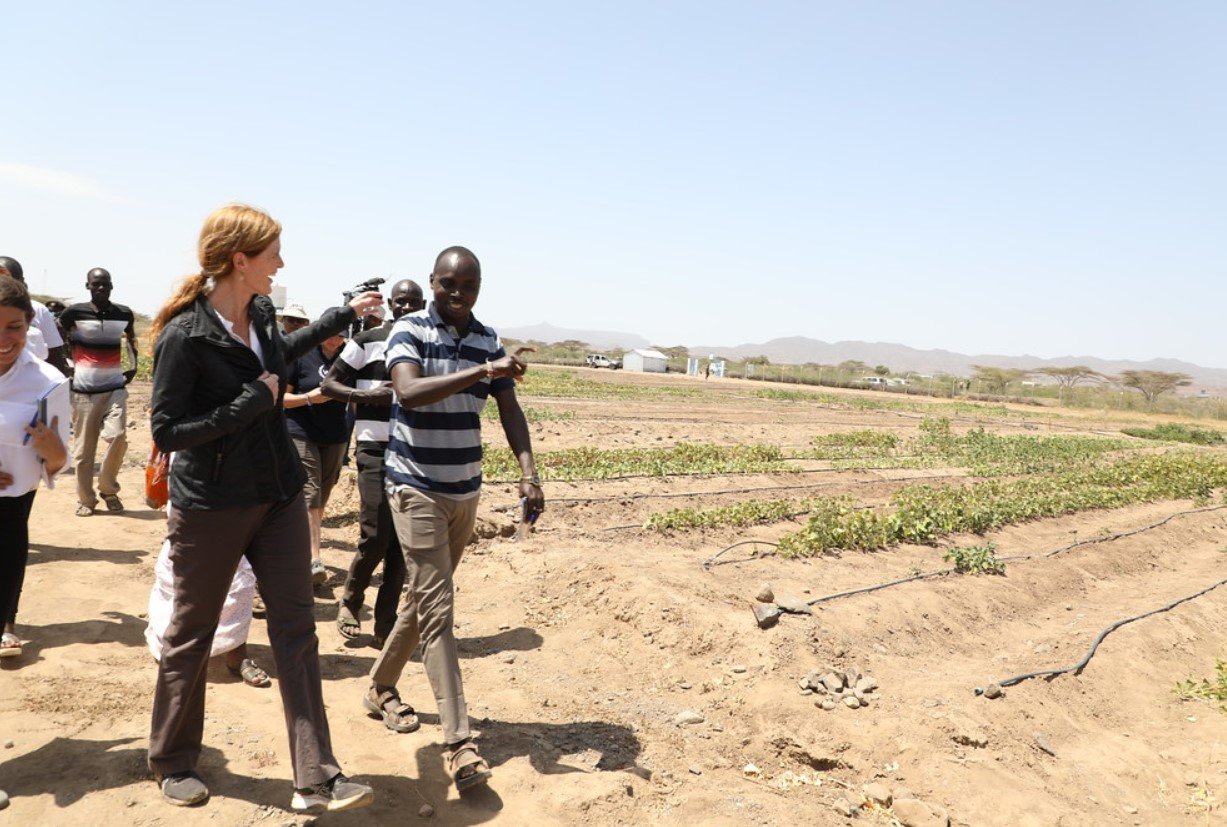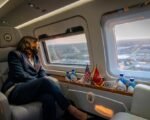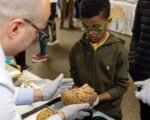Africa is lagging behind the rest of the world in making travel more accessible for people with disabilities, and the region is missing out on a billion-dollar market. This was the message of Shama Nathoo, MD of Universal Accessibility Hub, and Simon Manda, owner of the disability awareness publication Thisability, who gave a presentation at Meetings Africa, a trade show for the business events industry. They highlighted the challenges and the opportunities of accessible travel in Africa, and called for more awareness and action from the tourism sector.
The potential of accessible travel in Africa
Accessible travel, also known as inclusive travel or disability travel, refers to the travel that caters for the needs and preferences of people with disabilities, such as physical, sensory, cognitive, or mental impairments. According to Nathoo, accessible travel is a huge and growing market, as one in six people globally have some form of disability, and many of them travel with their caregivers or family members. She said that the accessible travel market in Australia alone is worth US$11 billion (R211,75 billion), and that Africa could tap into this market by improving its accessibility standards and services.
Nathoo also said that accessible travel is not only about revenue and job creation, but also about human rights and social inclusion. She said that people with disabilities have the right to travel and enjoy the same experiences as anyone else, and that the tourism sector has the responsibility to ensure that they are not excluded or discriminated against. She said that accessible travel is also beneficial for the tourism sector, as it enhances the quality and the reputation of the destinations and the services, and creates a positive word-of-mouth and loyalty among the customers.

The challenges of accessible travel in Africa
Manda said that Africa is behind the rest of the world in terms of accessible travel, and that the region faces many challenges and barriers in this regard. He said that he attended a recent conference on accessible travel in Dubai, and that only one African country, Kenya, was represented. He said that this shows the lack of awareness and interest in the issue among the African tourism stakeholders. He said that some of the challenges and barriers of accessible travel in Africa are:
- The lack of data and research on the needs and preferences of people with disabilities who travel or want to travel in Africa, and the lack of feedback and complaints mechanisms for them to voice their concerns and suggestions.
- The lack of policies and regulations that mandate and enforce the accessibility standards and guidelines for the tourism infrastructure and services, such as the transport, the accommodation, the attractions, and the events.
- The lack of training and education for the tourism staff and operators on how to assist and accommodate people with disabilities, and how to communicate and interact with them in a respectful and dignified manner.
- The lack of awareness and sensitivity among the general public and the media on the issues and the rights of people with disabilities, and the lack of positive and realistic representation of them in the tourism marketing and promotion.
The opportunities of accessible travel in Africa
Nathoo and Manda said that there are many opportunities and solutions for accessible travel in Africa, and that the region can learn from the best practices and the examples of other countries and regions that have made progress in this area. They said that some of the opportunities and solutions are:
- The use of technology and innovation to create and improve the accessibility features and tools for the tourism sector, such as the apps, the websites, the devices, and the equipment that can assist and enhance the travel experience of people with disabilities.
- The collaboration and partnership among the tourism stakeholders and the disability organisations and advocates, to share the information and the resources, and to co-create and co-design the accessible tourism products and services.
- The involvement and empowerment of people with disabilities in the tourism sector, as the customers, the employees, the entrepreneurs, and the leaders, to ensure that their needs and preferences are met and that their voices and perspectives are heard and respected.
- The promotion and celebration of the diversity and the inclusion of people with disabilities in the tourism sector, as the assets and the contributors, and not as the burdens and the beneficiaries, and to showcase the positive and the inspiring stories and the testimonials of their travel experiences.








